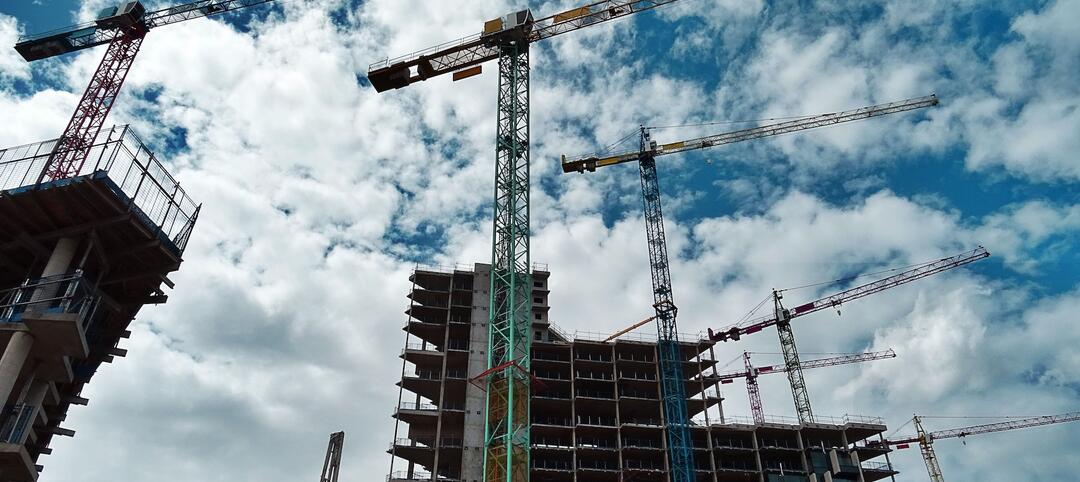In general, buildings built in Boston before 1950 are more energy efficient than those built after that year, according to the city’s first annual report of private-sector energy use.
A 2013 city ordinance requires large buildings in the city to report energy and water use. The first year of reporting covered about 45% of the energy used by all commercial, industrial, and institutional buildings in Boston. Owners of 820 buildings participated, with a combined accounting of 175 million sf of space.
Another key finding was that the energy used per square foot varied greatly even among buildings of the same type. Among Boston’s large office buildings, for example, the most energy-intensive buildings reported ten times more energy per square foot than the least energy-intensive buildings.
This year, the city has expanded outreach to buildings between 50,000 sf and 100,000 sf, which had lower compliance rates than larger buildings. City administrators are working to identify the appropriate points of contact within complex ownership entities. The city is also increasing staff resources for help services and improving guidance documents.
Related Stories
Energy Efficient Roofing | Oct 28, 2022
Rooftop mini turbines can pair with solar panels
A new type of wind turbine can pair well on roofs with solar panels, offering a double source of green energy generation for buildings.
Energy-Efficient Design | Oct 24, 2022
Roadmap shows how federal buildings can reach zero embodied carbon emissions by 2050
The Rocky Mountain Institute (RMI) has released a roadmap that it says charts a path for federal buildings projects to achieve zero embodied carbon emissions by 2050.
Energy-Efficient Design | Oct 14, 2022
A DOE software suite is helping SmithGroup optimize its designs’ energy efficiency
AutoBEM can run more than 200,000 energy models in an hour.
| Sep 22, 2022
Gainesville, Fla., ordinance requires Home Energy Score during rental inspections
The city of Gainesville, Florida was recently recognized by the U.S. Dept. of Energy for an adopted ordinance that requires rental housing to receive a Home Energy Score during rental inspections.
| Sep 7, 2022
Use of GBCI building performance tools rapidly expanding
More than seven billion square feet of project space is now being tracked using Green Business Certification Inc.’s (GBCI’s) Arc performance platform.
Sponsored | BD+C University Course | Aug 24, 2022
Solutions for cladding performance and supply issues
This course covers design considerations and cladding assembly choices for creating high-performance building envelopes — a crucial element in healthy, energy-efficient buildings.
| Aug 23, 2022
New Mass. climate and energy law allows local bans on fossil fuel-powered appliances
A sweeping Massachusetts climate and energy bill recently signed into law by Republican governor Charlie Baker allows local bans on fossil fuel-powered appliances.
| Aug 22, 2022
Less bad is no longer good enough
As we enter the next phase of our fight against climate change, I am cautiously optimistic about our sustainable future and the design industry’s ability to affect what the American Institute of Architects (AIA) calls the biggest challenge of our generation.
| Aug 16, 2022
DOE funds 18 projects developing tech to enable buildings to store carbon
The Department of Energy announced $39 million in awards for 18 projects that are developing technologies to transform buildings into net carbon storage structures.
| Aug 15, 2022
Boston high-rise will be largest Passive House office building in the world
Winthrop Center, a new 691-foot tall, mixed-use tower in Boston was recently honored with the Passive House Trailblazer award.
















